Learned helplessness in students is a psychological phenomenon in which children begin to feel as though they have no control over the events or circumstances happening to them, which can manifest within in the classroom. This can lead to feelings of despair, hopelessness, and a lack of motivation. For students who are experiencing the effects of trauma or toxic stress, the signs of learned helplessness can be exacerbated even further.
Recent research has shown that there is a strong connection between learned helplessness and trauma. Trauma and toxic stress can lead to a feeling of helplessness, as individuals may feel as though they have no control over the traumatic event that occurred, was witnessed, or perceived. This feeling of helplessness can then lead to the development of learned helplessness, as individuals begin to believe that they are unable to change or improve their circumstances.
How to overcome learned helplessness in the classroom
Teachers should look for several signs of learned helplessness in students in order to identify who may be struggling. Some of the signs that teachers should look for include (and how to help the child):
- Lack of motivation: Students who have learned helplessness may lack motivation and engagement in the classroom. They may avoid participating in class discussions or completing homework assignments. Try breaking work into smaller “bite-sized” pieces that you’re confident the student can achieve, or work with the student to find a method or platform for participation that ensures both the student’s sense of safety and an accurate representation of the student’s learning.
- Low self-esteem: Students with learned helplessness may have low self-esteem and a negative self-image. They may be critical of themselves and their abilities. Make sure to find opportunities for praise to reinforce all that the student can do well.
- Difficulty with problem-solving: Students with learned helplessness may have difficulty solving problems and may give up easily when faced with a challenge. Establishing effective routines can be a great solution to this issue. By defining routine as wide-ranging as daily class schedules to the steps to solving math equations, we can help students perceive any situation as a series of steps to work on one at a time.
- Avoiding challenges: Students with learned helplessness may avoid challenging tasks or activities in the classroom. They may prefer to stick to what is familiar and comfortable, rather than taking risks and trying new things. When we can understand the benefit of failure, we’re more likely to test ourselves. So, celebrate failures! [Also, the Circle of Courage’s universal need of mastery is a perfect topic to explore to begin embracing challenge.]
- Passive attitude: Students with learned helplessness may adopt a passive attitude, and may not take responsibility for their own learning. They may also blame external factors for their failure rather than taking responsibility for their actions. This is another area where the Circle of Courage can overcome helplessness. Not only does proper development of mastery help with passive attitudes, focusing on student generosity (specifically, sharing skills with one another that can help with class activities) can build a sense of community and healthy accountability to their peers.
It's important to note that these signs can be indicative of other issues as well, therefore, teachers should be cautious when making a diagnosis of learned helplessness in students. If you notice signs of learned helplessness in students, it's important to reach out and provide them with the support and resources they need.


